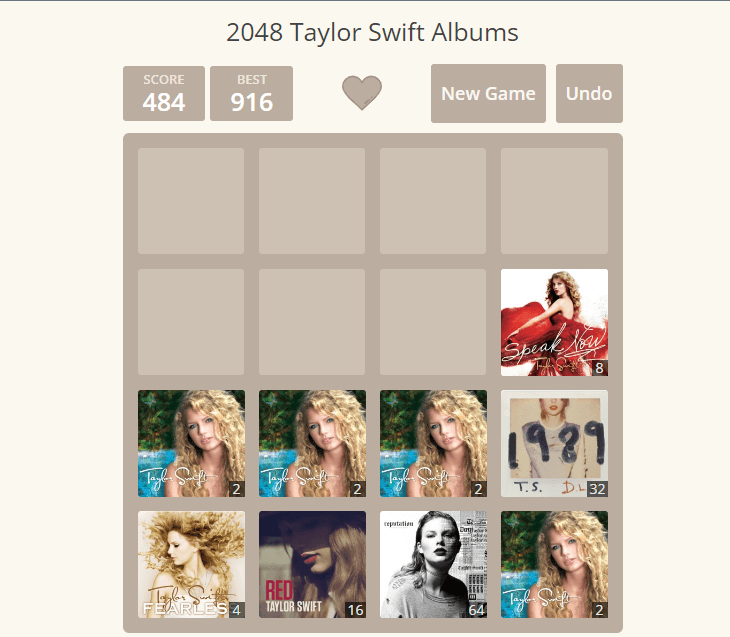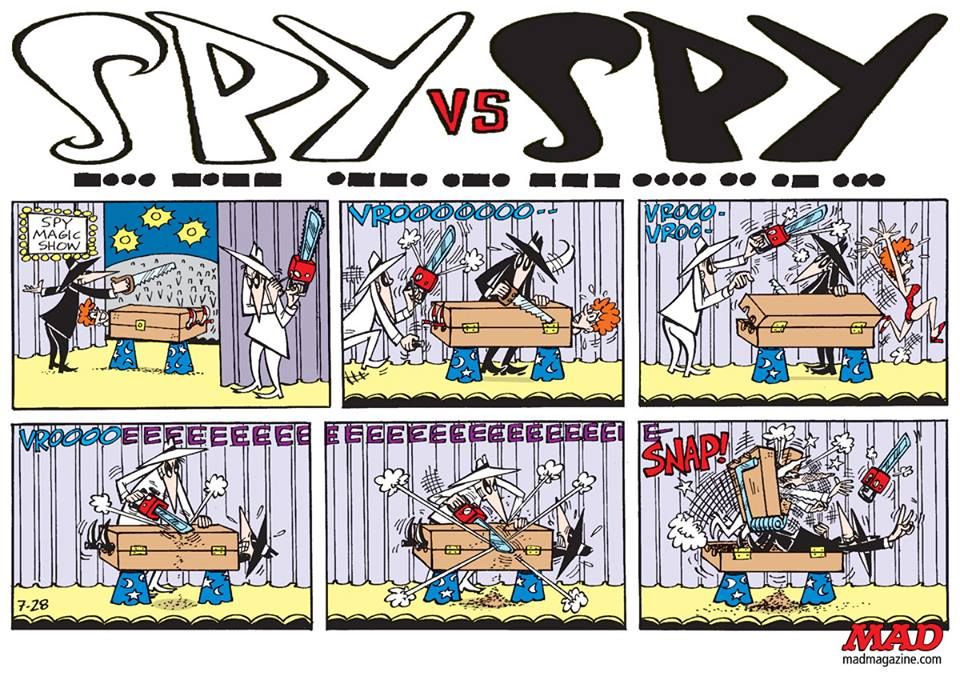Exploring the Implications of Taylor Swift 2048 Game

In the world of mobile gaming, Taylor Swift 2048 has undoubtedly gained significant popularity with its catchy title and promise of uniting tiles with Taylor’s chart-topping hits. While the game may seem like harmless entertainment, it is essential to critically examine the implications of such a combination and the potential impact it may have on its users. In this blog post, we will discuss the reasons why Taylor Swift 2048 game might not be all that it seems and why it may be worth reconsidering the messages it sends to its audience
Exploitative Marketing:
The use of Taylor Swift’s name and music to promote a puzzle game can be seen as exploitative. Taylor Swift is a renowned artist with a massive fan base, and her name holds significant value in the entertainment industry. Combining her name with a simple puzzle game could be seen as a marketing ploy to attract fans, regardless of the game’s actual quality or content.
Trivialization of Music:
The term “Trivialization of Music” refers to the act of diminishing the significance and depth of music’s artistic and emotional value. When music is trivialized, it is often reduced to a mere background element or a commodity to be exploited for commercial gain. This can occur through the use of music in contexts that do not align with its intended message or when it is employed solely for marketing purposes. Trivialization can also happen when complex and thought-provoking musical compositions are simplified or altered to cater to mainstream preferences. Such practices can undermine the artistry and creativity of musicians, as well as the emotional impact music can have on listeners. By recognizing and respecting the profound impact of music on culture and emotions, we can preserve its authenticity and appreciate the power it holds in conveying important messages and enriching our lives.
Celebrity Endorsement:
While Taylor Swift might not have directly endorsed the game, the use of her name can create a false impression of her involvement or approval. This phenomenon is not uncommon in the gaming industry, where celebrities’ names are sometimes used without their explicit consent, potentially leading to misinterpretation among fans.
Distraction and Time-Wasting:
The phrase “Distraction and Time-Wasting” pertains to activities, behaviors, or forms of entertainment that divert individuals’ focus and attention from more productive or meaningful pursuits. In an age of ubiquitous technology and constant connectivity, various digital platforms, including social media, online gaming, and streaming services, can easily become sources of distraction. These distractions can lead to a considerable loss of time and hinder individuals from engaging in tasks that contribute to personal growth, learning, or meaningful relationships. While some forms of entertainment can be enjoyable and provide relaxation, excessive indulgence in mindless distractions may lead to reduced productivity, increased procrastination, and a decreased sense of accomplishment. Striking a balance between leisure activities and responsibilities is essential to maximize productivity and cultivate a fulfilling and purposeful life.
Reinforcement of Consumerism:
The term “Reinforcement of Consumerism” refers to the process or actions that strengthen and perpetuate a culture of excessive consumption and materialism within society. In the context of marketing and advertising, it involves strategies aimed at encouraging individuals to buy more products, often beyond their actual needs. These tactics may include persuasive advertising, targeted promotions, and the creation of artificial desires to drive consumer spending. The reinforcement of consumerism can have profound effects on the environment, personal finances, and overall well-being, as it prioritizes the pursuit of possessions and material wealth over more meaningful and sustainable aspects of life. It is crucial for individuals and society as a whole to critically assess the impact of consumerism and strive for more balanced and mindful consumption habits.
Conclusion:
While Taylor Swift 2048’s catchy title and promise of blending music and puzzles may have drawn players in, it is essential to consider the potential consequences of such a combination. The game’s marketing approach, association with a beloved artist’s name, and possible trivialization of Taylor Swift’s music all raise questions about its true value and impact. As consumers, we should be conscious of the media we engage with and the messages they convey. Instead of focusing solely on pop culture novelty, let’s encourage games and entertainment that promote creativity, education, and positive societal values.




